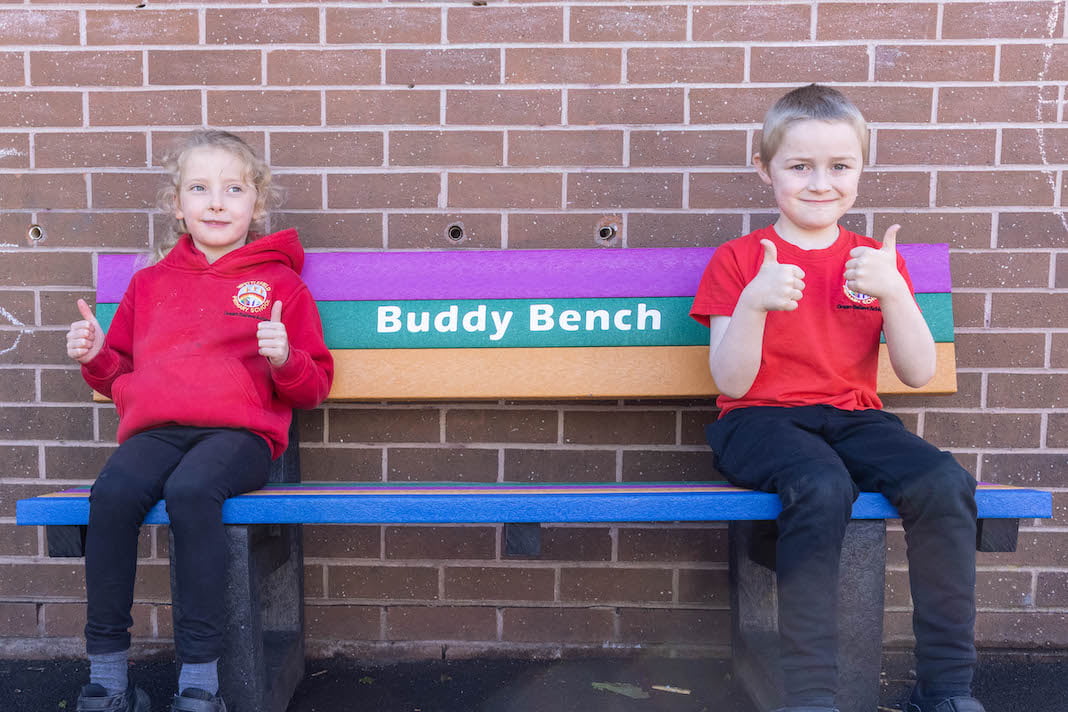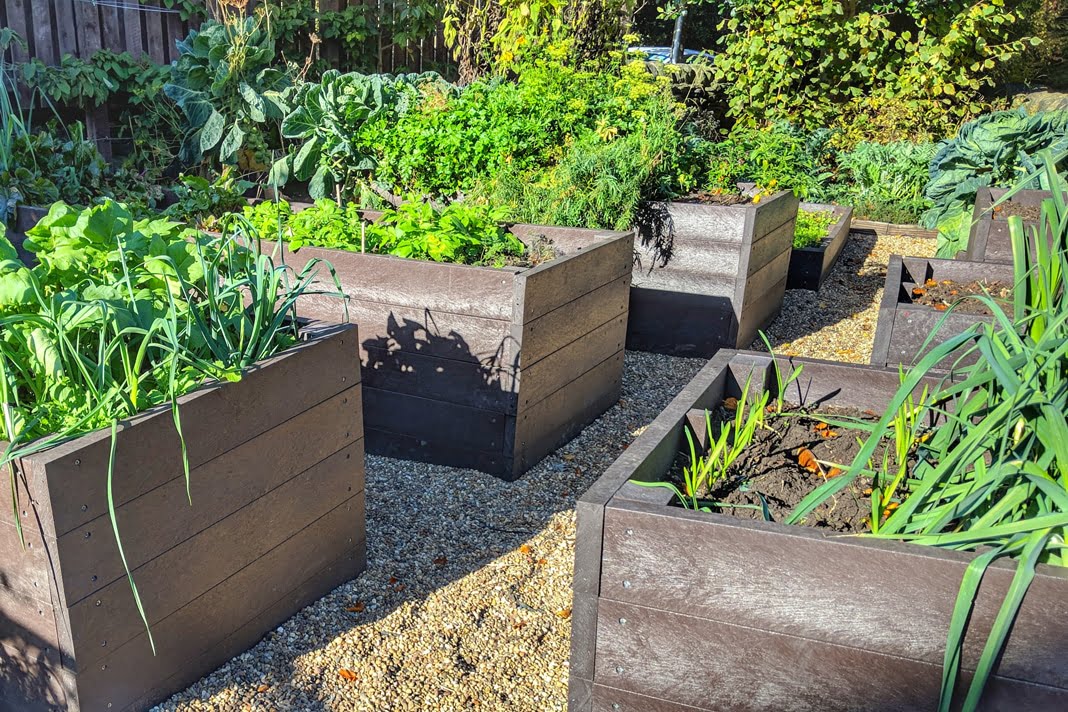It’s the ‘big baddie’ for many children and adults, but is it time we reappraised plastic’s value and educated ourselves in ways to use it more wisely?
Plastic has had a terrible press in recent times, and for many children and families it has become the ‘no-no’ substance. Little wonder, as we consider the damage caused to our oceans by microplastics and the mountains of waste created by single-use plastic. The only problem is that every action has a reaction – so abandoning one substance totally in favour of another can have unintended consequences.
So before we banish all plastic from life in favour of bamboo, wood or whatever else, consider this: the right plastic used in the right settings is durable, lightweight, super-easy to keep clean and economical to maintain. This is, of course, why it is so popular in manufacturing for children’s toys and other hardwearing objects such as furniture. In fact, it’s very easy to see why it is so prevalent in children’s lives.
A lot of plastic we use is also recyclable. So what we need to do – and teach our children about – is using plastic wisely, conserving it and making it last by finding new uses so it isn’t wasted. These are all principles of the circular economy, which encourages us to reuse, recycle and also design these elements in at point of manufacture.
“”We should be viewing plastic as a resource and looking at how we can keep it in the clean recycling loop”
Giving plastic a new lease of life is something that exercises Yorkshire company British Recycled Plastic. Managing director Jason Elliott, says we need to consider it as a resource. “Recycled plastic is inherently tough, it is chemically inert so will never leach any toxic chemicals and will never rot, split or splinter so has a long lifespan. We should be viewing plastic as a resource and looking at how we can keep it in the clean recycling loop.”
He doesn’t underestimate the scale of the problem we currently face, but believes that schools and young people have a key part to play in turning things around. “The average secondary school produces 22kg of waste per pupil each academic year. The figure for primary schools is even higher at 45kg per pupil!”
To that end, British Recycled Plastic has launched a series of initiatives. ‘Your story is our story’ is an initiative to get schools engaged with plastic pollution and the campaign asks schools to share their plastic recycling projects so that it can publicise them via its website and social media. Sharing is not only caring but may help other schools to get on board with similar initiatives.

The company specialises in recycled plastic furniture – much of it destined for schools, colleges and universities as well as public spaces. Recently, it has showcased two school-focused projects in order to show that plastic is not always the bad guy. Its ‘Buddy Bench’ was an initiative to help children returning to school to strike up a conversation. The benches are made entirely of recycled plastic and, with their distinctive rainbow colours, strike a cheery note in the playground.
Another recent initiative was to help a school with a pollution problem. British Recycled Plastic created and installed recycled plastic planters along the roadside in front of the main entrance to Goose Green School in East Dulwich. These ‘smog shields’ were part of a raft of measures to improve air quality. The custom-made designs (all recycled materials) were designed to fit neatly between railing and road, with enough depth to block fumes and provide a decent growing environment for the plants that were also put in place to absorb pollution from cars. And the result was that air pollution was reduced by around half at Goose Green School. Recycled plastic planters may make a great smog shield, but have found homes in many other schools and public settings – inert, sturdy and perfect medium for grow-your-own vegetables or colourful bedding plants.

Jason Elliott believes schools and young people have a key role to play in raising awareness generally – also encouraging better recycling among their communities (and lobbying their local authorities to raise their game when it comes to improving inadequate recycling facilities). He says: “Recycling education programmes have the potential to significantly increase knowledge, promote positive attitudes, and increase recycling behaviours in pupils and we’re keen to hear from schools that are doing their bit to help the planet”.
Thinking local is a start, but if children can start to see even plastic – the ‘big baddie’ of waste – as a global resource, they can start to think smart about conserving all materials. What is certain is that we need the next generation on board with this – and so does our planet.
4 ways to recycle toys
* Pass them on via Freecycle or informal sites such as Nextdoor.
* Give them to charity – try toys4life.co.uk and thetoyproject.co.uk.
* Set up a swap meet so that everyone gives a toy and gets a new one.
* Organise a toy sale, with proceeds going to a local environmental project.
Further reading: Young people and the rise of climate anxiety
Want to create an effective digital marketing strategy for your School?
Head over to the Digithrive For Schools website to find out more: Explore our solutions.
You may also like...

























